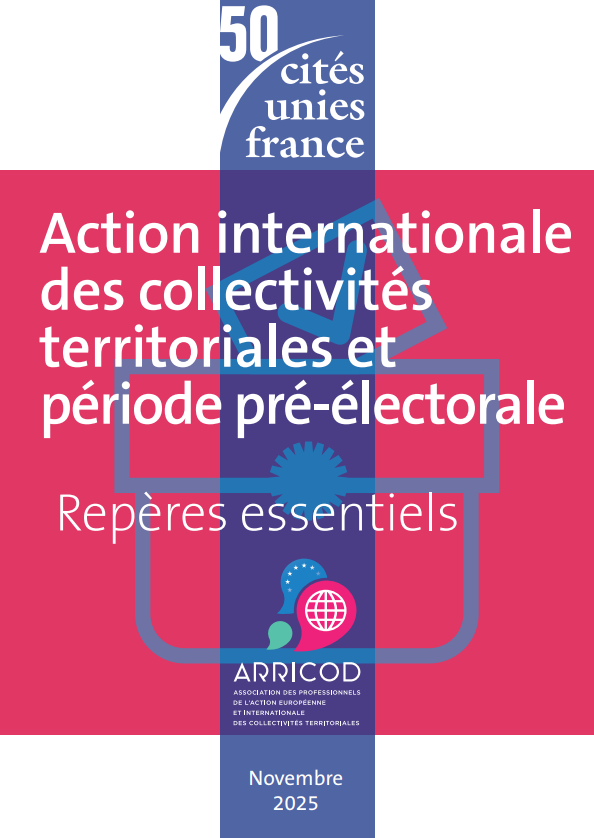
CUF | Action internationale des collectivités territoriales et période pré-électorale – Repères essentiels
L’ARRICOD et Cités Unies France ont publié le « Guide sur l’Action internationale des collectivités territoriales en période pré-électorale – Repères essentiels ».
Ce guide, issu des ateliers organisés par CUF et l’ARRICOD les 23 septembre et 14 octobre 2025 vise à répondre aux interrogations des techniciens et élus de près de 70 collectivités françaises qui ont notamment répondu à un questionnaire transmis en amont et participé à ces échanges.
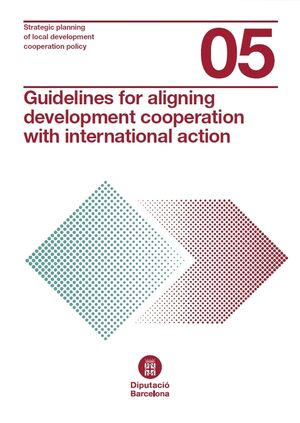
Guidelines for aligning development cooperation with international action
This document aims to offer a set of guidelines to local councillors and staff for aligning development cooperation policy with international action during the strategic planning process. it shourl be adapted by eac local council according to the characteristics and priorities of the local area.
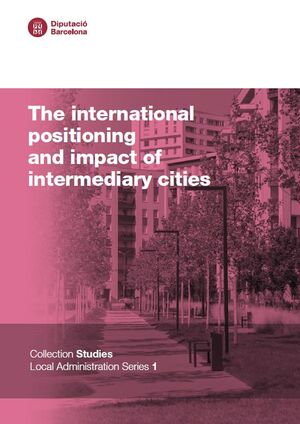
The international positioning and impact of intermediary cities
Intermediary cities play a key role in quality of life, innovation and development in their local communities, but they often face challenges in making their voice heard on the global stage. The study you hold in your hands analyses how these cities can overcome limitations in resources, knowledge or influence to project and position themselves in he international arena.
Through interviews with local representatives from 12 intermediary cities around the world, this study offers inspiring examples, trends and good practices that canserve as a guide for municipalities in the province of Barcelona. It shows how factors such as capital status, excellence in key sectors, cultural heritage and innovation can become pillars of global positioning and international impact.
With practical recommendations and tools to foster collaboration, optimise resources and communicate international action, we hope that this study will be a key reference tool for local governments wishin to successfully insert themselves in an increasingly interconnected world.
Find out how intermediary cities can lead global change from the local level.
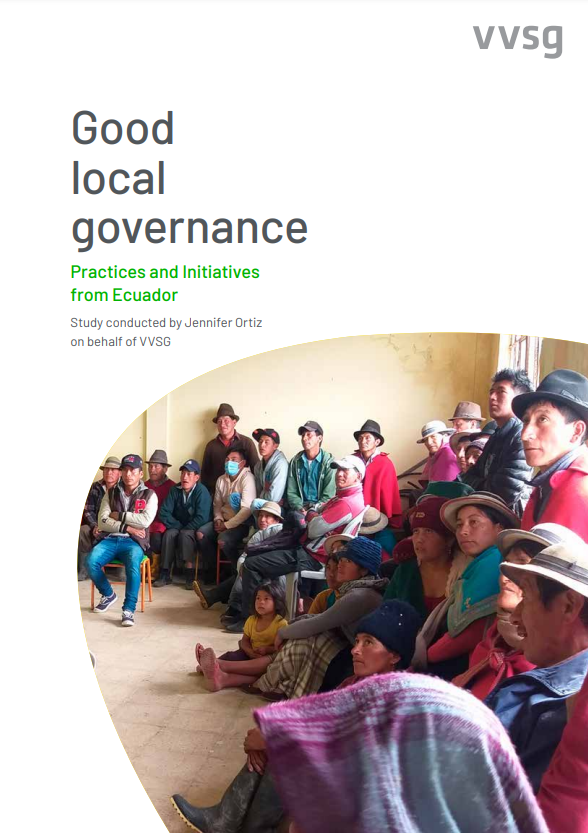
Good local governance | Practices and Initiatives from Ecuador
The focus of the study « Good local governance | Practices and Initiatives from Ecuador » is on enhancing the competencies of public officials and politicians, as well as improving internal processes within local governments. It aims to foster cross-pollination between local governments and policymakers in Ecuador, Flanders, and beyond. This study is part of VVSG’s broader ‘GloBe’ program, which focuses on international municipal cooperation in seven countries: Belgium, Benin, Ecuador, Nicaragua, Rwanda, Senegal, and South Africa. The program’s goal is to contribute to good local governance. We believe this study will serve as a valuable resource for local governments and policymakers, both in Ecuador and internationally, as they work toward more effective governance.
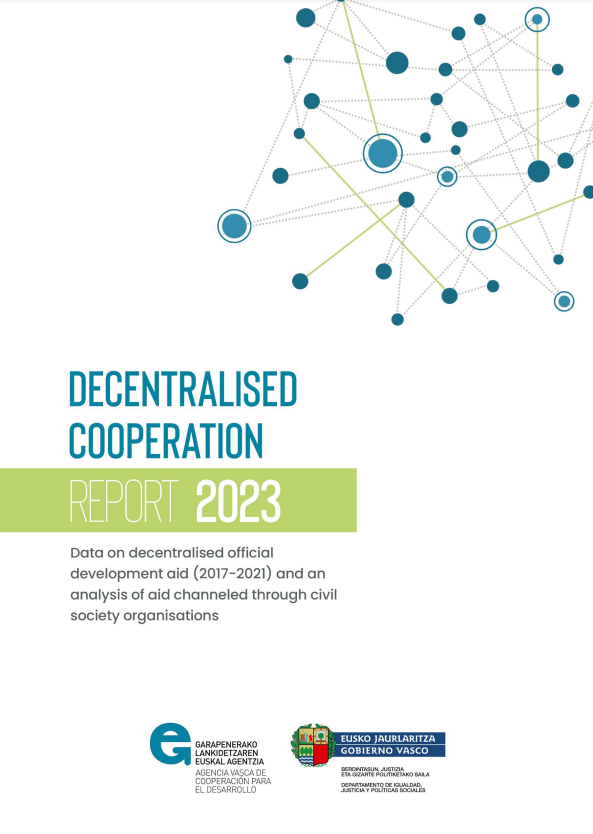
eLankidetza | Decentralised cooperation report 2023
This 2023 Report on Decentralised Cooperation continues the process initiated in 2022 by eLankidetza – Basque Agency for Development Cooperation to improve the knowledge and appreciation of this cooperation modality with a monitoring system based on annual reports. As indicated in the first of these reports, despite the growing interest of international organisations and the publication of comprehensive studies on decentralised cooperation, these have not become institutionalised and there is no official international source that produces systematic and regular reports on the subject.
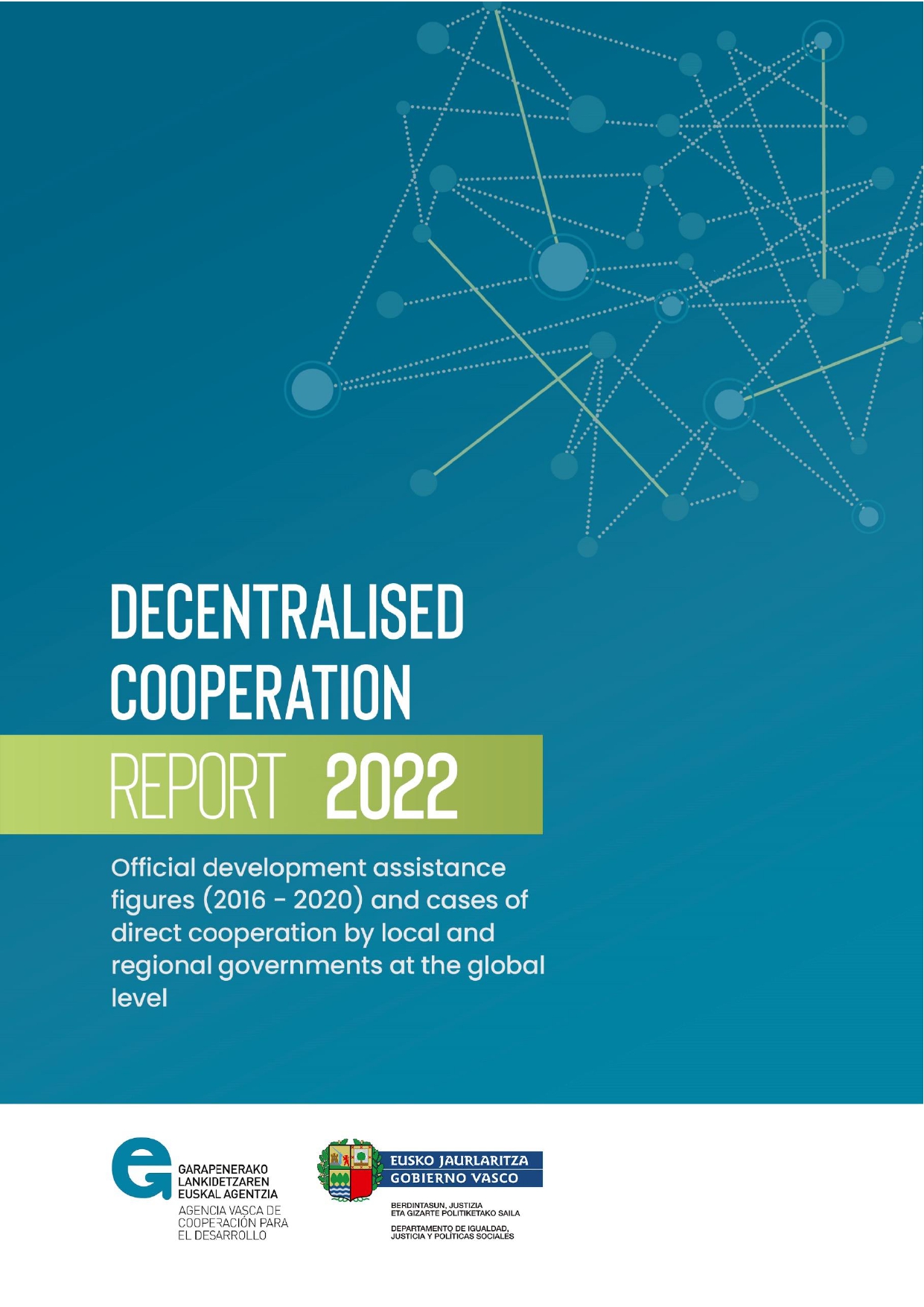
eLankidetza | Decentralised cooperation report 2022
In the field of international cooperation and solidarity, cooperation promoted by sub-state governments, the so-called decentralised cooperation, is largely unknown. It has never enjoyed sufficient attention or appreciation. Undoubtedly, its great diversity of approaches and interventions have not made it easy to monitor, study and catalogue. […]
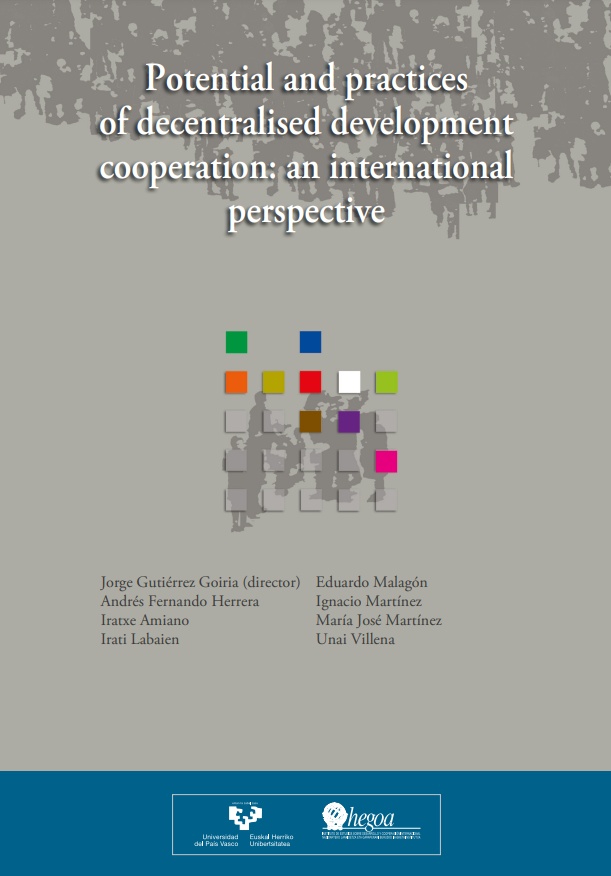
Potential and practices of decentralised development cooperation: an international perspective
International development cooperation is undergoing a revision of its main parameters (objectives, agents, modalities, etc.) in light of current global problems for which the principles and vision of the traditional cooperation system appear inadequate.
[…]
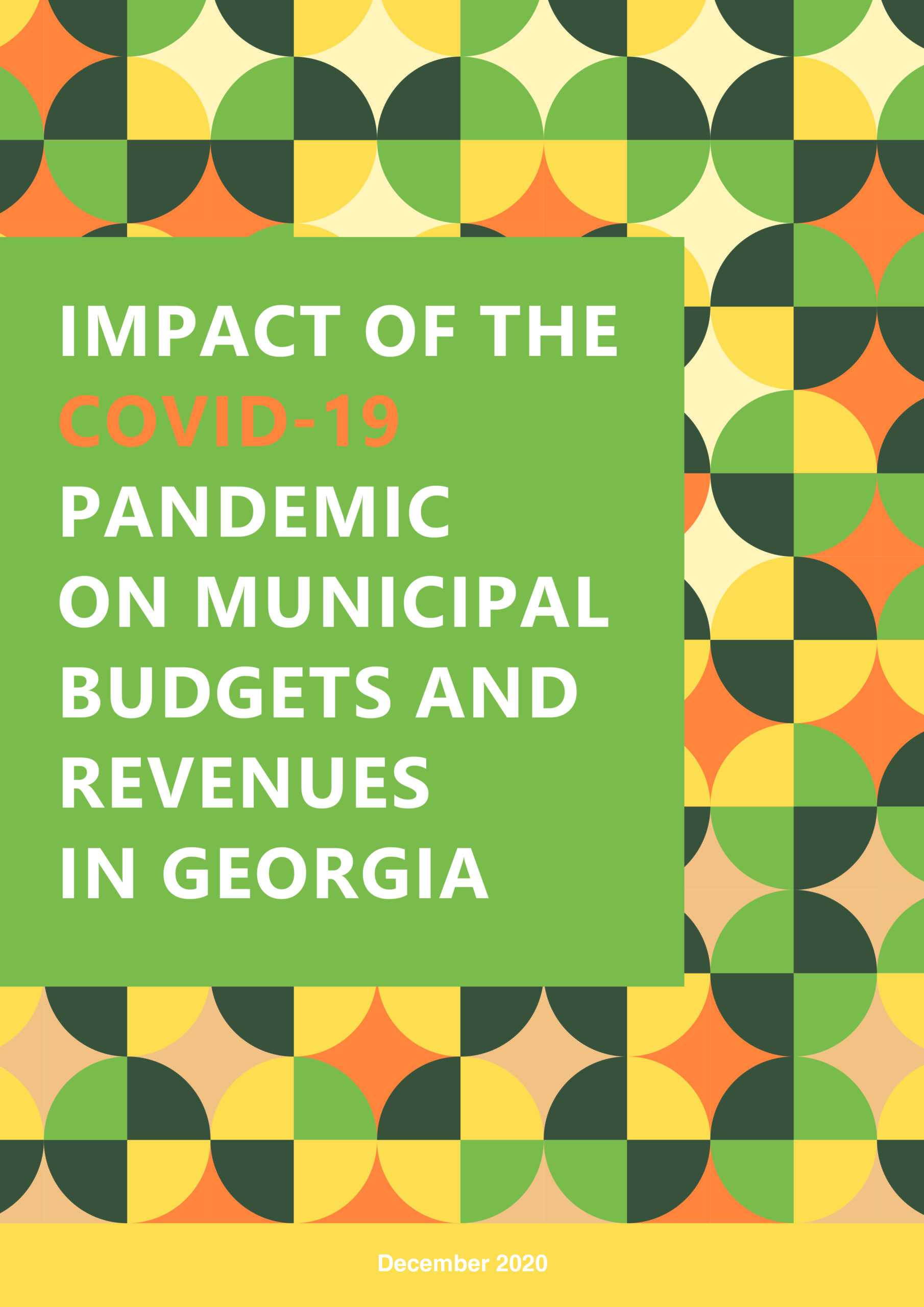
Impact of the COVID-19 pandemic on municipal budgets and revenues in Georgia
As the COVID-19 pandemic broke out in early 2020, Georgia more or less successfully overcame the initial shock and combatted the first wave of the virus’s spread. Decisions taken by the Georgian government at that time were aimed at protecting both human health and economic development. The majority of its measures were implemented in the first half of 2020, most notably between March and May, when a state of emergency was declared in the country. By June, the Government had developed an anti-crisis plan and made amendments to the budget accordingly.
[…]
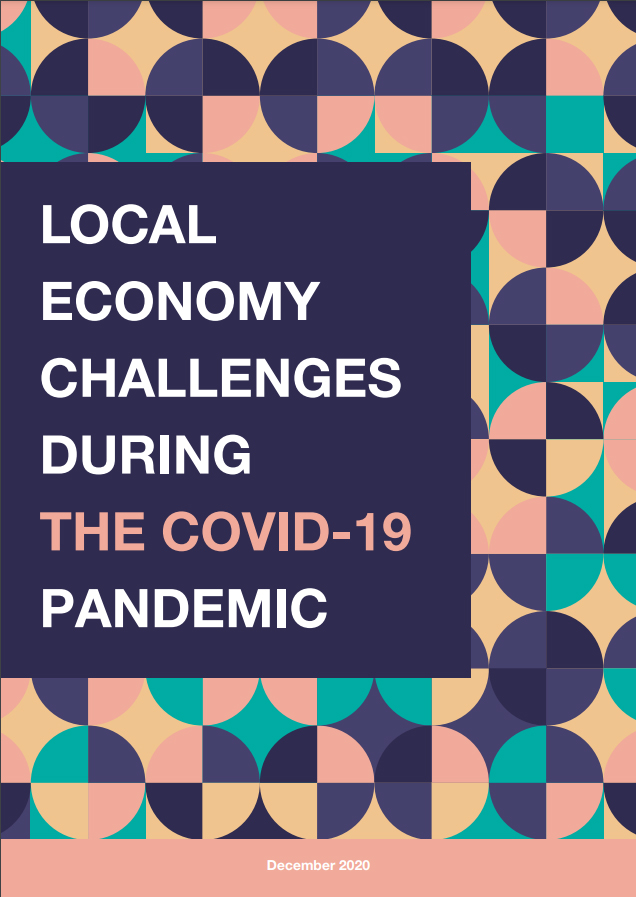
Local Economy Challenges During the COVID-19 Pandemic
This research examines the impact of the COVID-19 pandemic on the economies of Georgian regions, particularly with respect to the macroeconomic environment, entrepreneurship, employment, and social conditions. According to the research findings, the impact on regions has varied, depending on their economic structure and the main economic activities therein. For example, the impact of the pandemic on international tourism-oriented regions has been profound, and this has flowed into other fields through the supply chain, affecting tourism-related production significantly. […]
By the National Association of Local Authorities of Georgia (NALAG).
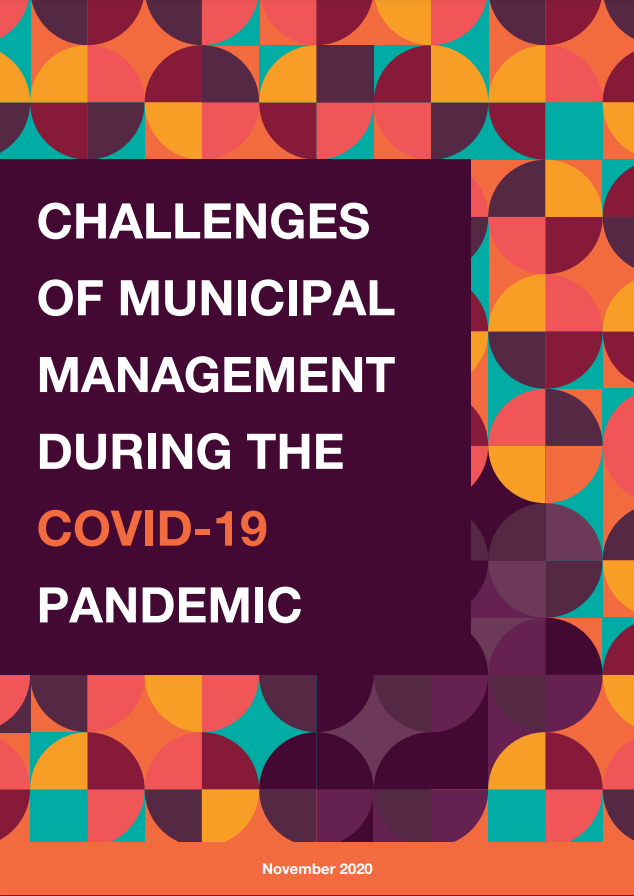
Challenges of Municipal Management during the COVID-19 Pandemic
The COVID-19 pandemic has triggered radical changes around the world. It has affected all spheres of public life and escalated into the largest economic, social and health crisis of the last decade. The role of local self-governments, as the governing bodies closest to the population, has been highlighted in the measures taken against the spread of the virus and in overcoming the crisis. […] The findings of this study show that during the first wave of the pandemic, Georgian municipalities actively participated in the state-managed process of containment and management of the virus. They were keenly involved in the epidemiological research process, provided one-time food aid to the socially vulnerable, elderly and disabled, and enforced the quarantine regime. […]
By the National Association of Local Authorities of Georgia (NALAG).
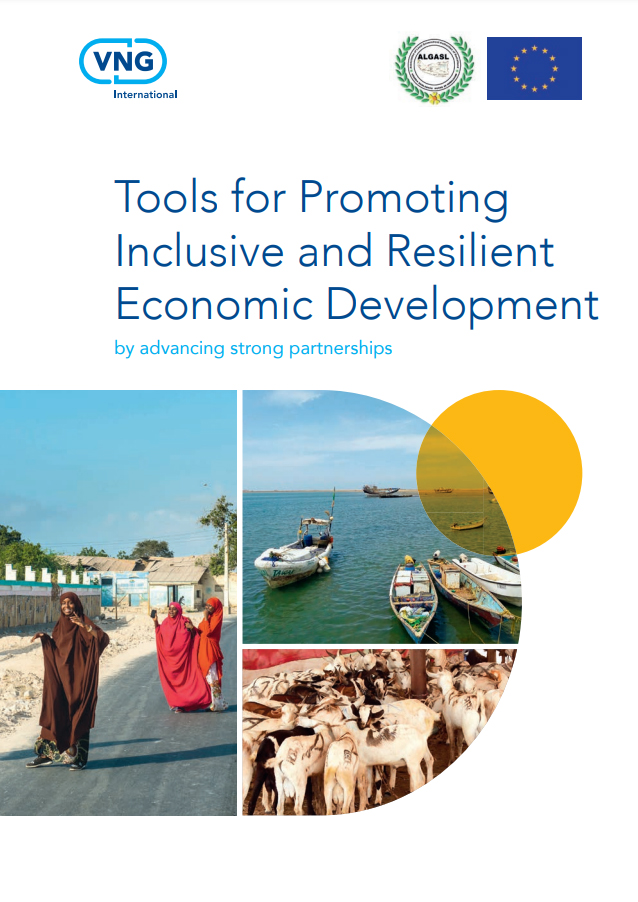
Tools for Promoting Inclusive and Resilient Economic Development by advancing strong partnerships
There are many ways to promote Local Economic Development (LED). Not necessarily better or worse ways, but different ways. This publication attempts to capitalise on this diversity, drawing on the experience VNG International and its partners gained in implementing ASPIRE in Somaliland, as well as the experience of other organisations and programmes in the same field. This publication does not pretend to have all the answers. It is an aid to those districts that are striving to foster economic growth and opportunities for their communities, and offers different recipes and ingredients for putting the Territorial Approach to Local Development (TALD) into practice.
